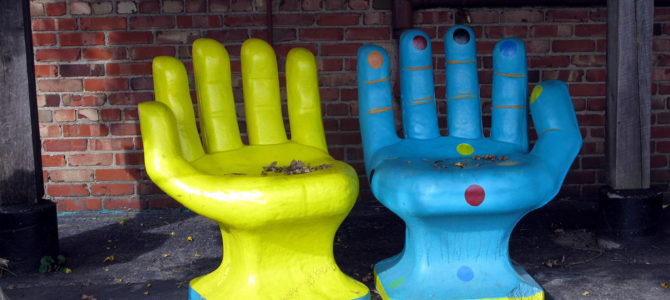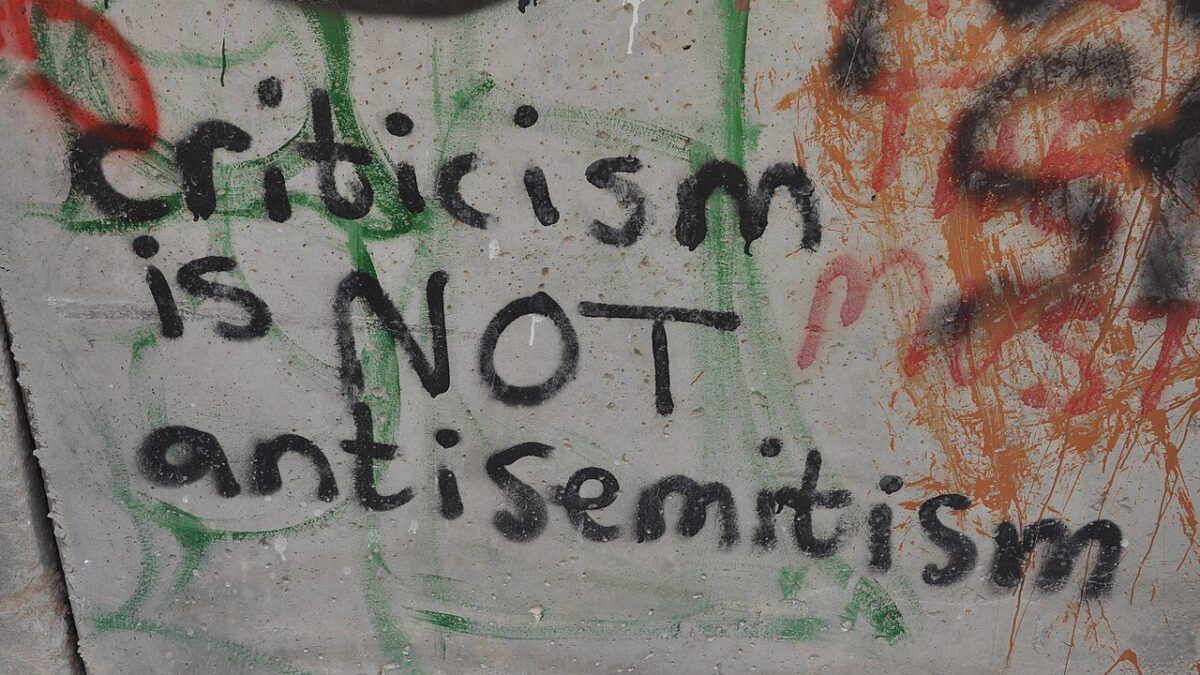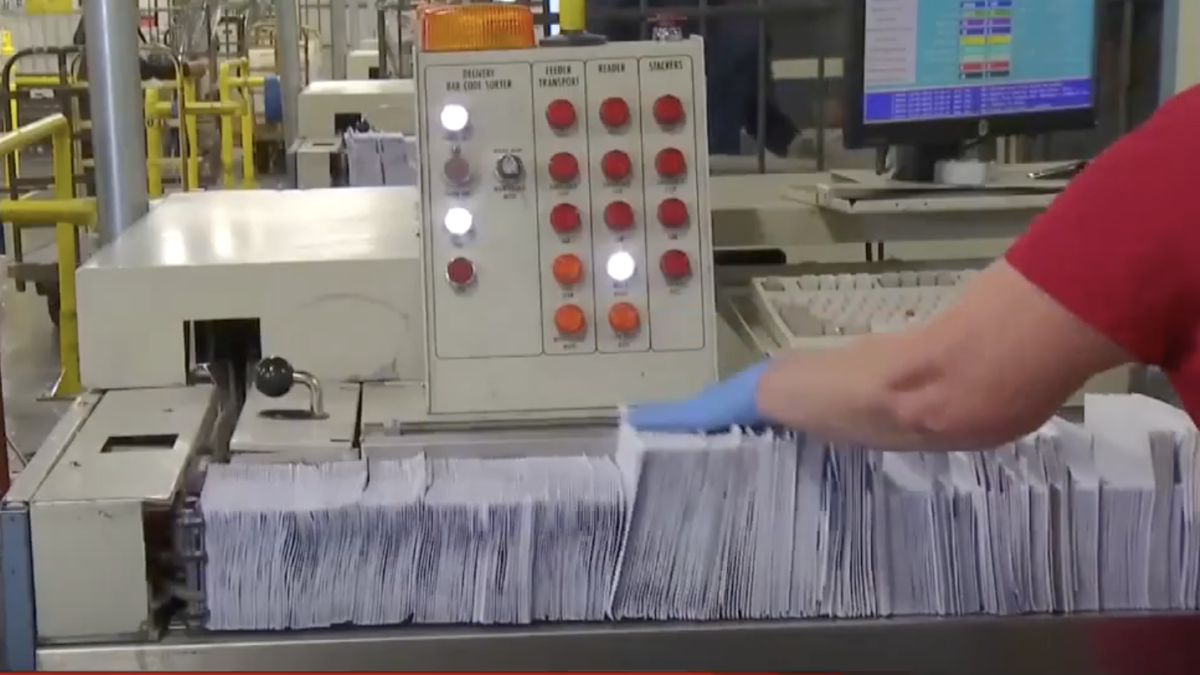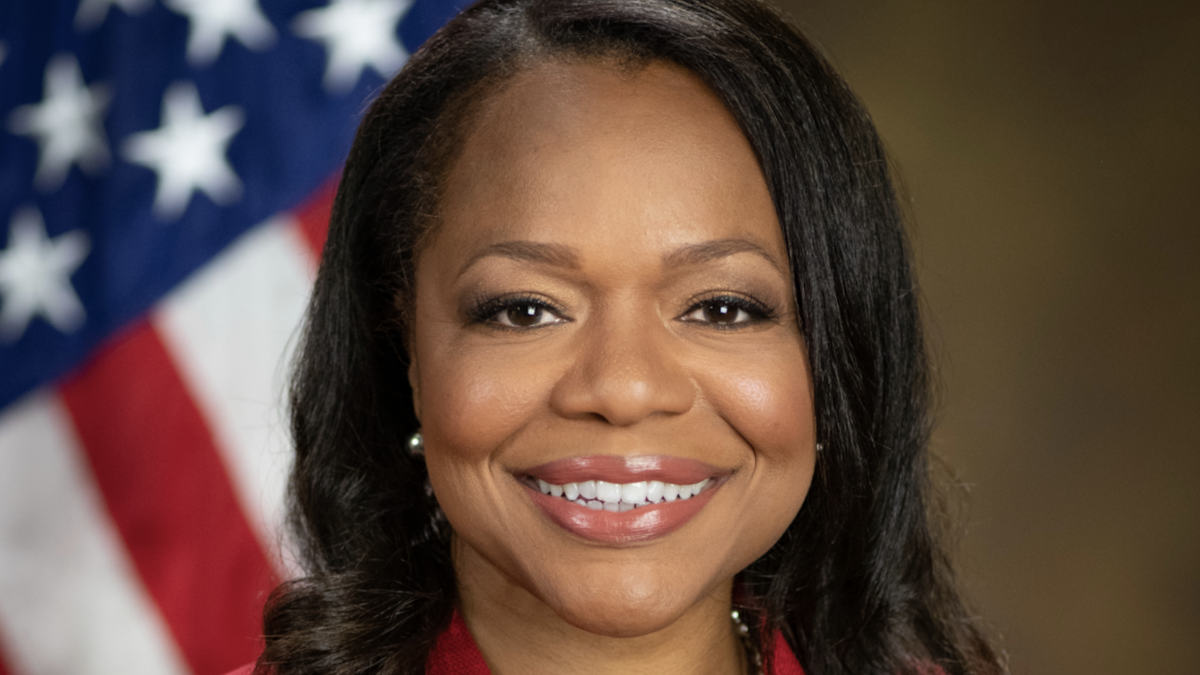
I’m a #metoo girl, too. In the grand scheme, I consider myself basically unscathed. I’ve been harassed, but never assaulted. But in talking to women friends in the wake of the Harvey Weinstein scandal and the Fox News scandal before it, I realized I’m more scathed than I thought I was, and they were, too.
I reported two superiors for crossing the line, very early in my career. Despite being young, I felt secure enough to know what the line was and do something about it. I was pretty powerless, and it was scary and uncomfortable, and the risks were real, but I reported them and I’ve never regretted it.
The first instance was not dealt with well. There was no HR department, and the boss of my boss essentially asked me if the young women and interns in the office might be kind of asking for my boss’ advances and graphic descriptions of sexual exploits, what with their clothing and their smiles.
The second was a mediocre, routine human resources experience in which the offender was given a talking-to, and my account was kept on file with HR in the hopes of preventing retaliation. But he remained my immediate superior, in charge of my advancement and raises, despite knowing I’d reported him. The office environment was as icy and unpleasant as you might expect for me after that.
To be fair, he would have known I was reporting him anyway because I told him to his face in no uncertain terms that’s what I’d be doing when he asked me for a Saturday “business meeting” at a restaurant and I found myself listening to an emotional profession of his desire to date me. I told him many other things to his face, too, many of which are not fit for printing and were not fit for the quiet restaurant in which I delivered my 10-minute angry lecture on business ethics, sexual impropriety, and a colorful description of the utter impossibility of my fraternizing with this person. I ended it with a deadly serious, “Have I made myself perfectly clear?” and abandoned my boss with his complimentary plate of French bread.
In that moment, I was not scared. I was mad as hell. Someone had taken a job I enjoyed, and work that I was proud of, and in an instant, turned it into an awkward, daily exercise in anxiety and anger. He made me question all my accomplishments and everyone’s perceptions of my accomplishments. I knew everything had changed in that instant, but I damn sure wasn’t going to let it pass without him knowing I was pissed about it. Reporting the incident was harder, driven less by adrenaline than the confrontation was.
Somewhat ironically, neither of these incidents happened at Fox News, where I worked for eight years. During my time there, I never met Roger Ailes, was never harassed, and never witnessed harassment, partly because I was in the Washington DC office, which had a very different culture.
That was my story. I dealt with some stuff, I reported it, and even when it wasn’t handled well immediately, I came out okay in the end. That’s true, but it’s not all of it.
As I talked to friends this week, we recounted incident after incident, minor and major. They were like rites of passage for every friend of mine in her first job out of school. The writer whose boss made innuendo and creepy poetry part of her everyday work environment, where she often had to be alone with him. The friend who changed the major she loved to escape an elite professor who would have had tremendous power over her academic career.
The friend who had a married co-worker who became her married stalker. When she rejected him, he, incredibly, reported her for making his workplace hostile. Please walk yourself through what actions on her part would have made his workplace comfortable. The implications are infuriating. I had forgotten so many of these stories, even some of mine.
The sad, common thread in all these incidents, reported or not, was that they were eventually resolved by the victims moving on. It was our way of life that was disrupted. It was our plans that changed, our career trajectories shifted. We made adjustments, physically and emotionally, while the offenders went unpunished, and sometimes got promoted. That is, to put it plainly, wrong.
I looked back at the emails we sent to each other then, sharing stories of these misadventures in our new fields. They were witty, charming, sometimes hilarious retellings of some pretty terrible stuff. I’m proud of the women we were and the women we’ve become. I’m glad we were resilient and funny and used our friendship and these stories as a defense mechanism of sorts. I’m also more sad and mad than I was about it then.
We were adults, but we were young. It took us a few practice rounds with bad behavior to know what we were dealing with, and we were all lucky it was only harassment in the workplace, nothing crossing into assault. Others are not so lucky.
I’m now raising two daughters. Is “as the mother of daughters” something I’m allowed to say? It makes a difference to me. I want to teach them to throw a flag on powerful men when they’re in the wrong, but I don’t want to teach them that all powerful men are out to do them wrong. I want them to trust their guts and live boldly, but also have a realistic idea of dangers they will face. I don’t want them to assume the cards are stacked against them, but I want them to know they will face injustice sometimes. I want them to understand deeply the goodness of good men and use that knowledge to guide their choices when they encounter ones who aren’t. I want them prepared, not jaded.
I want them to know they can speak up and still rise in their careers. That’s certainly not a given. Some would say it was a luxury that it went that way for me, though it didn’t feel like a luxury at the time. But part of making it more acceptable is showing that I did it.
Maybe, if and when my daughters have to speak up, those in the wrong will pay the price and make the adjustments, not them.
So, that’s my story. It gave me strength when I told it to my friends years ago and when they told me their stories. There was safety and love and resilience in numbers. It gave me strength again when we talked about it this week. The stories feel different now, with years of perspective, but may they give others strength now and 20 years from now that we told them and were not discouraged.









